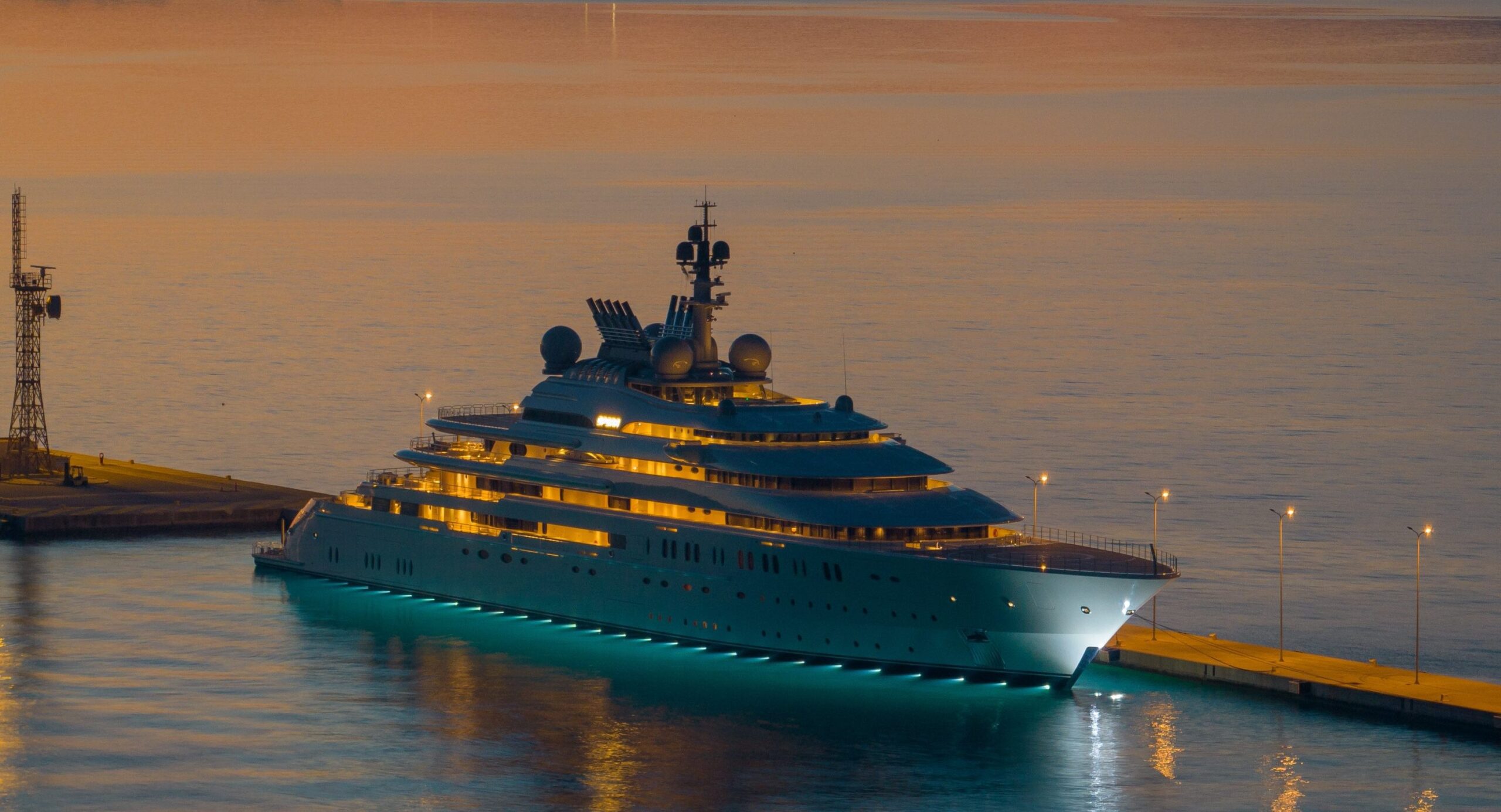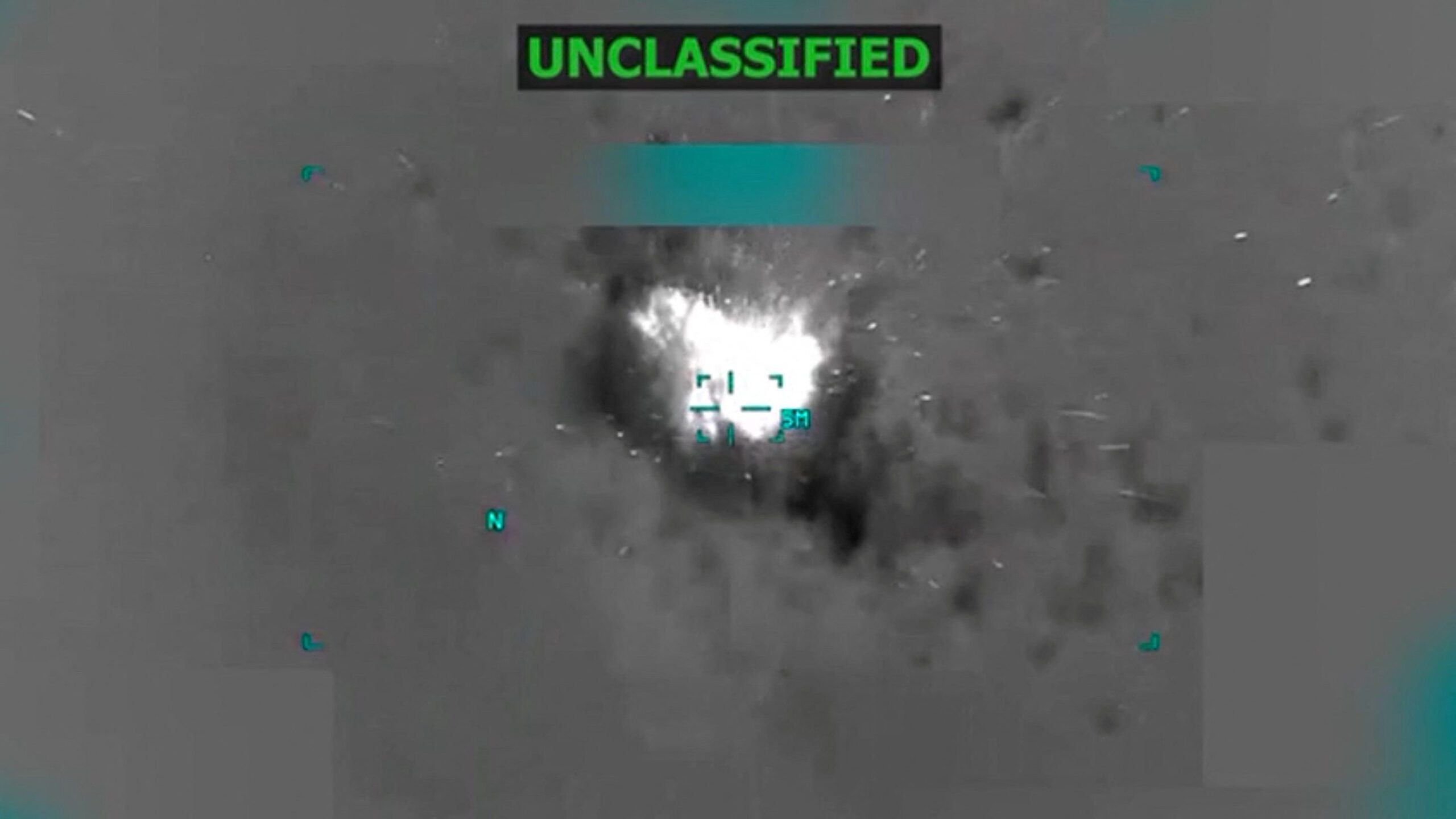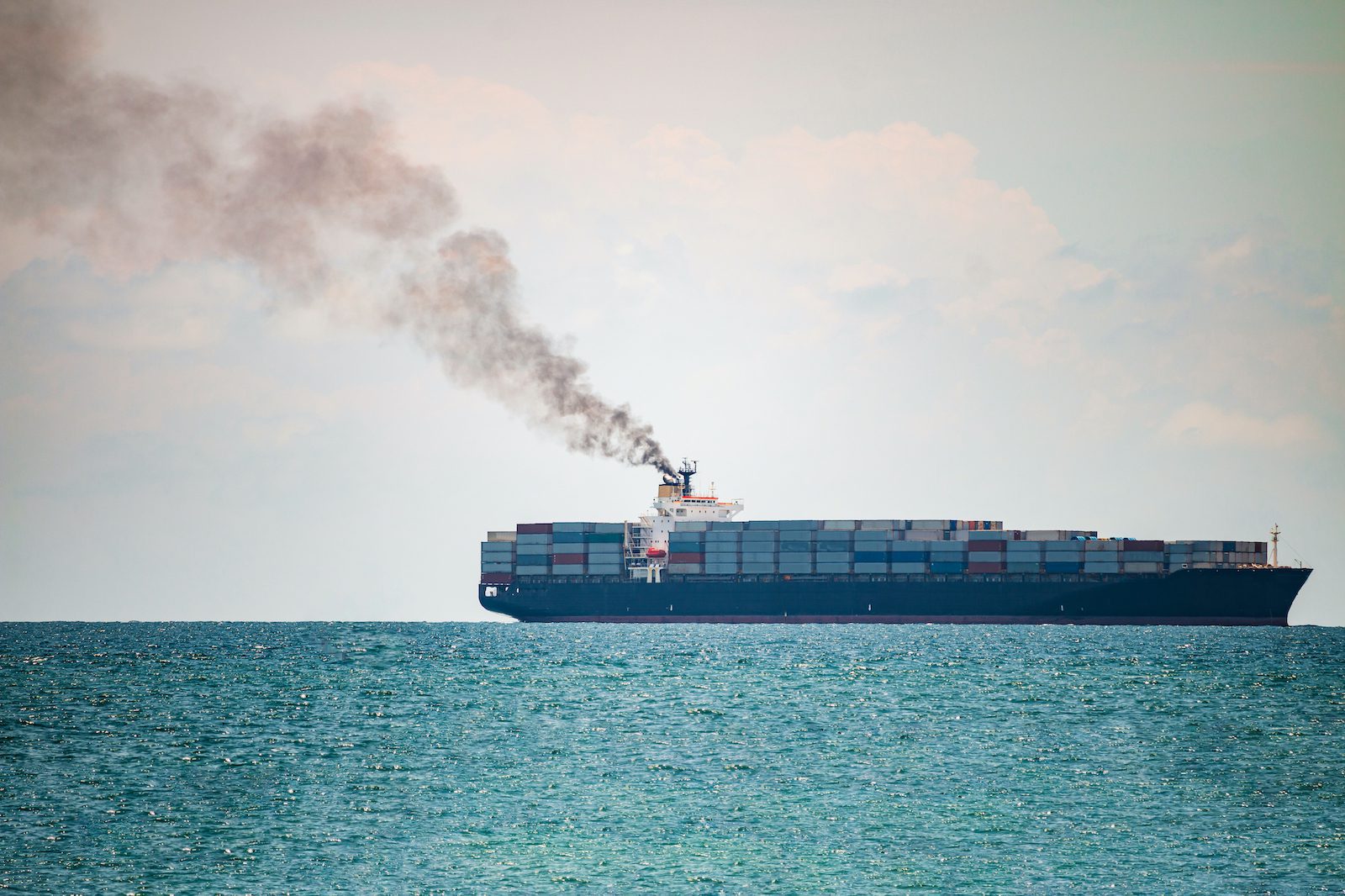(Bloomberg) —
The European Union’s executive arm is examining the feasibility of a proposal by one of its member states to sanction Russia’s Ingosstrakh Insurance Co., as part of efforts to choke revenue generating streams that Moscow needs to finance its war against Ukraine.
The proposal, which may require the EU to expand its listing criteria, aims to target one of the main providers of insurance to tankers hauling Russian oil after the Group of Seven introduced price caps on most Russian seaborne crude and fuels in late 2022 and early 2023, according to people familiar with the matter.
Were it to go through, the idea would create sprawling and hard-to-quantify risks and costs — not just for Russia’s oil trade but for wider international commodities shipments that Ingosstrakh provides coverage for.
The evaluation is still at an early stage and Moscow-based Ingosstrakh is currently not included in the latest draft of a new sanctions package the bloc is currently negotiating, the people said on condition of anonymity. Even if the proposal gets a nod from the European Commission, it would still face numerous hurdles given that several member states, including Hungary, have opposed most measures targeting Russia’s energy sector, the people said. EU sanctions require the backing of all member states.
The listing criteria is aimed at people and entities operating in economic sectors that are providing the Russian government with substantial sources of revenue — something that would need to be demonstrated in the case of Ingosstrakh.
“Listings are discussed and decided by the member states in a procedure that is confidential,” said Peter Stano, lead spokesperson for the EU’s foreign affairs and security policy.
Ingosstrakh, a top-five Russian insurance provider, said it “operates in strict compliance with all applicable legislation, and follows strict compliance procedures.” The firm “follows the recommendations found in relevant Sanctions Guidance for Entities Operating in the Maritime Shipping Sector published by OFAC and other relevant guidelines, as applicable,” it said in emailed comments.
The EU, US and other allies have imposed several rounds of sanctions on Russian exports, companies and officials following the invasion of Ukraine. Kyiv’s allies are especially focused on cracking down on Moscow’s ability to circumvent sanctions and on curbing its future revenue to reduce Vladimir Putin’s ability to finance and sustain Russia’s war.
The G-7 price cap on Russian crude oil and petroleum products bans western shipowners, insurers and intermediaries from providing vessels and services for cargoes priced above the thresholds.
The restrictions prompted a pivot away from western insurance and a need for alternatives.
In April, the International Group of P&I Clubs, a London-based umbrella organization for clubs providing coverage of shipowners’ liability against risks including spills and collisions, provided services for just 16% of all tankers shipping Russian oil. That’s the lowest since at least the start of 2023, according to shipping data compiled by Bloomberg.
Moscow has been able to skirt much of the impact of the price cap by assembling a fleet of tankers operating in difficult-to-trace jurisdictions and turning to non-western service providers to ship its barrels to new markets such as India.
Ingosstrakh said in the months that followed the invasion that it would not fill the void if sanctions forced western firms to stop covering the nation’s petroleum shipments.
It is known to be the provider of at least some protection and indemnity cover, but the full extent of its involvement is not clear and there is no suggestion the company has breached sanctions. It also provides P&I to some other commodity trades.
“All our P&I policies contain the sanction exclusion clause that excludes the provision of coverage in case of violations of any Sanctions in accordance with applicable legislation,” Ingosstrakh said. “The terms of our policies are similar to those offered by the leading P&I Clubs and international insurers.”
In 2023, the EU and the UK sanctioned Russian National Reinsurance Co., which provides state-backed coverage for all domestic sanctions-related risks, including the reinsurance of vessels and marine cargoes. The restrictions effectively shut the two major western reinsurance markets for the firm.
© 2024 Bloomberg L.P.

 Join The Club
Join The Club










